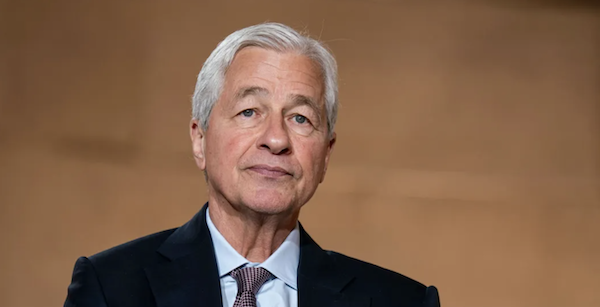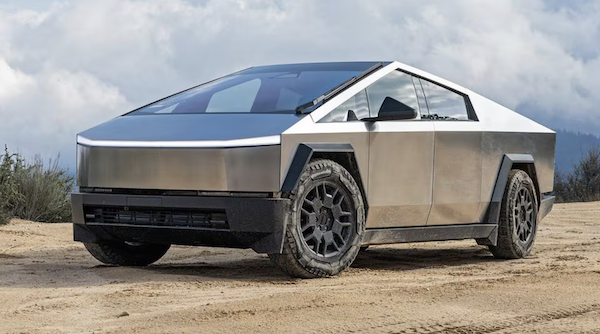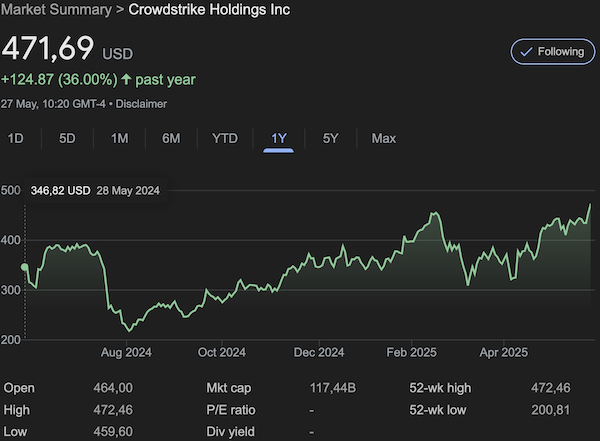Market scorecard
US markets started the shortened week on a strong note, regaining all the ground lost on Friday. The S&P 500 jumped 2%, boosted by a sharp rebound in consumer confidence and fresh momentum in US-EU trade talks. Nvidia rose by 3.1% ahead of its much-anticipated earnings release tonight.
In company news, Salesforce is back at the M&A table, snapping up data management firm Informatica for $8 billion. Elsewhere, AMD got a vote of confidence from HSBC, upgraded to "hold" from "reduce," thanks to renewed optimism following its AI-focused deal with Saudi Arabia. Lastly, Rocket Pharmaceuticals dropped 62.8% after a patient participating in a gene therapy trial died over the weekend. As we say here in South Africa, shame.
At the close, the JSE All-share rose by just 0.04%, but the S&P 500 leapt 2.05% higher, and the Nasdaq bolted on 2.47%. Lekker!
Our 10c worth
One thing, from Paul

The retirement age was raised last week in Denmark to 70. That's when workers there become eligible for their state pensions.
This sort of thing is happening for two reasons. (1) People are living longer and can still contribute usefully at work, and (2) the birthrate is falling, so there are fewer young workers to contribute to the retirement reserve fund.
Denmark is being fiscally responsible, unlike many other countries where state-run retirement benefits are being extended, but politicians lack the courage to fund them properly. Failing to do that places more stress on central government finances, and in turn, on current taxpayers.
The person in the photo here is Jamie Dimon, CEO of JP Morgan. He's a sprightly 69-year-old and still at the top of his game.
Personally, I think retirement is overrated. More people should keep working and stay mentally alert. Perhaps I feel that way because I enjoy what I do for a living, and would prefer to keep at it for a few more decades?
Michael's musings

Depreciation is the silent cost of owning a car. The day you take ownership, there is a 20% loss in value due to VAT. Over time, the value of the vehicle also decreases with age, mileage and people's perception of long-term maintenance costs.
Not all vehicles are created equal. For example, a 4-year-old BMW generally has high depreciation because many people like to sell their cars just before the maintenance plan expires. Land Rover is another brand that suffers from high depreciation because people view it as unreliable, with high repair costs. True or not, customers don't want to own an old Land Rover so they don't hold their value.
The latest car to have depreciation issues is the Tesla Cybertruck, where customers are reporting a 35-45% value loss after only two years. What makes this more interesting is that during the initial launch of the vehicle there were supply shortages, which resulted in a black market for the Cybertruck at 2 to 3 times the retail price.
EVs in general don't have great resale value. I think this is due to customers worrying about the cost of replacing an expensive battery after ten years. The Cybertruck is also a very unique-looking car, which means there are only a limited number of people who want to buy them. High supply and low demand have resulted in low resale values. Ouch.
Bright's banter

CrowdStrike has staged an impressive rebound, recently hitting new all-time highs, just under a year after being at the centre of one of the most disruptive IT outages in recent memory.
On July 19, 2024, a faulty software update from CrowdStrike caused a global "blackout," crippling millions of Microsoft Windows systems. The infamous blue screen of death reigned supreme that day, disrupting everything from airports and hospitals to banks and government systems. It was a reputational stress test few companies could survive, yet CrowdStrike did.
Instead of folding, CrowdStrike responded decisively: identifying the root cause, releasing a fix quickly, and taking accountability. Clients stayed onboard, and new business kept coming. Why? Because even after a high-profile stumble, the market knows CrowdStrike still offers some of the most advanced endpoint protection in the game.
As investors, it's a reminder that the best returns often come from staying calm through chaos. Had you sold in panic during the July outage, you'd have locked in losses. Those who stayed patient are now being rewarded. The market can be messy, but quality endures.
We invest in businesses, not news cycles. CrowdStrike's bounce-back is a textbook example of why long-term thinking wins.
Linkfest, lap it up
Is it easier to fall asleep in low gravity? Two NASA scientists answer questions - A floating good night's rest.
The building of the ancient Egyptian pyramids attracts conspiracy theorists. Many books have been written on the topic - Humans and their obsession with pyramids.
Signing off
Asian markets are slightly higher this morning. South Korea led the pack, lifted by enthusiasm around chip stocks. Korean equities are now trading at their highest levels since September. Australia also had a good day, hitting a peak last seen in February.
In local company news, Coronation Fund Managers grew assets under management a little, to R676 billion from R667 billion. Revenue for the last 6 months rose 8% to R2.04 billion, while headline earnings per share edged up a respectable 2%.
US equity futures are marginally lower pre-market. The Rand is at exactly R18 to the US Dollar.
All eyes now turn to Nvidia's results tonight after the market closes. The consensus estimates are revenue of $43.2 billion and net income of $20.3 billion. The big question is how US government restrictions on sales of chips to China have affected the business. Nvidia shares had a nasty start to the year, falling by 35%, but have since clawed their way back to around $135.
We'll be back with you tomorrow with all the news.